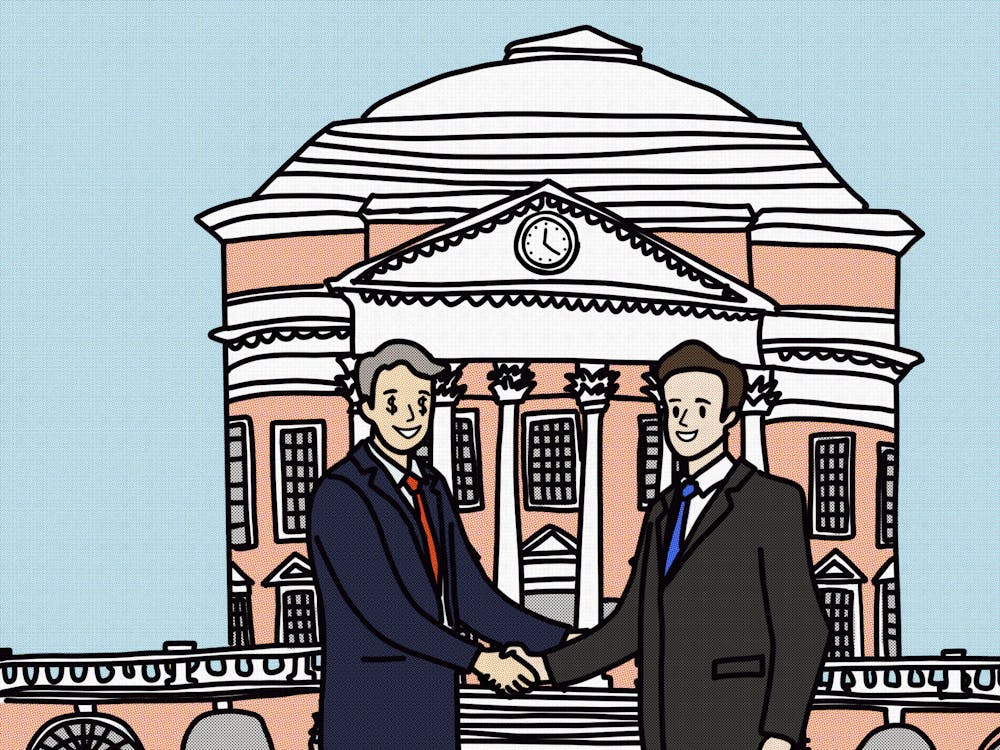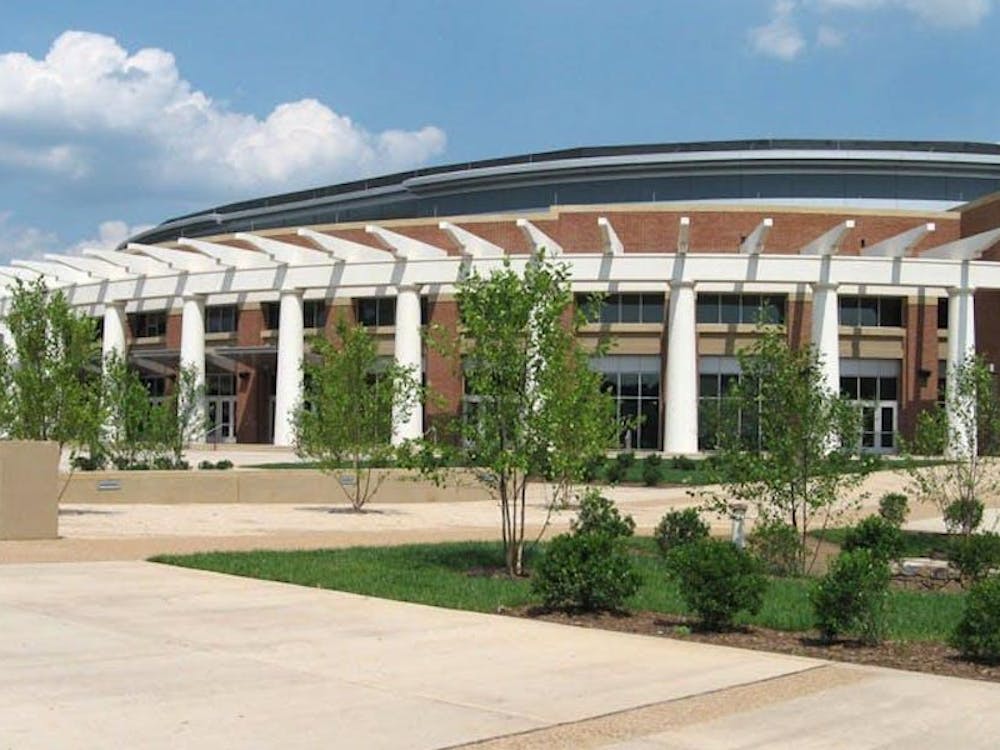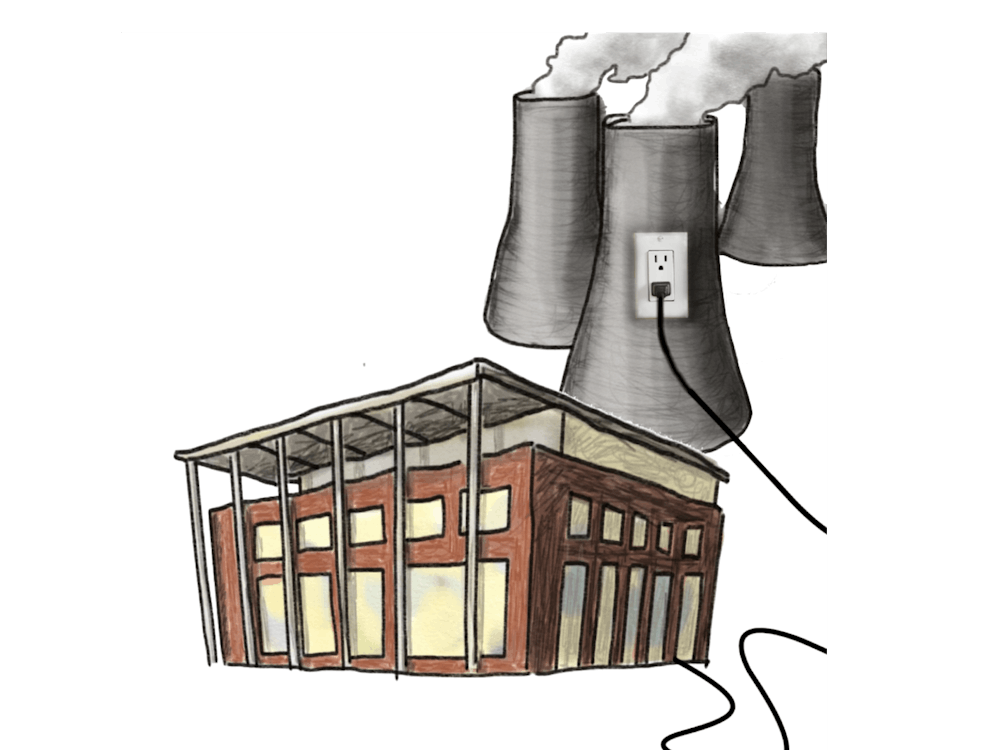In the last few days, amongst a group of friends, I’ve heard a wide variety of responses to the arrest of Martese Johnson. Some lament a rush to judgment before all the facts are known, or think the conversation should be left solely to law enforcement. Others argue that the real issue is the brutality of the Virginia Alcoholic Beverage Control toward students of all races. Many are simply frustrated by the déjà vu that accompanies reporters, news trucks and cameramen swarming around Grounds, desperate to capture any evidence of our discomfort and distress.
Many, troublingly, view this event without any context, ignoring the aggression, vulnerability and indifference black students face every day in a school — and a country — still scarred by its original sin. Perhaps for some, this is the first time allegations of racism have reared their head in their vicinity. But that doesn’t mean Martese’s arrest happened in a vacuum.
There is a certain level of defensiveness that pervades many students’ reactions. I’ve heard people dismiss Martese, dismiss his injury and dismiss the actions of the officers. This is a dangerous phenomenon. Doing so ignores the human aspect of this incident. Above all else, what happened was an act of violence. I can’t say what Martese was feeling, but I have definitely witnessed among others a combination of fear, terror and confusion. That gets lost in the murmurings of blood alcohol content, Alcoholic Beverage Control regulations and ID zip codes. Those unwilling to empathize with Martese respond clinically, unable to imagine themselves lying on the ground with blood dripping down their faces.
The truth is, our school fails part of its population every day on the most basic level. Many black students don’t feel safe or welcome here. That’s on all of us. To discount the racial aspect of the issue is naïve, for one thing. But it’s also deeply insensitive — kind of like the cowardice-as-anonymity gone viral on that virtual sewage pipe, Yik Yak.
The thing about “an isolated incident” is that it only happens once. The frequent brutalization of black Americans by officers of the law negates any definition of isolation. To argue otherwise is at best ignorant and at worst negligent. Maybe this particular officer, in this specific case, didn’t take the arrestee’s race into consideration. But if any portion of black students here feel discriminated against and unprotected, isn’t that a problem in and of itself? I heard multiple black students remark that when they saw Martese’s name become part of a hashtag, they first assumed he had been shot and killed by an officer. And yet some say this isn’t connected to a larger problem?
Last semester was a Kafka-esque nightmare for many of us. It is understandable to be sick of the blinding spotlight, and sick of squinting, disoriented, at the local microcosms of large-scale social problems that, seemingly out of nowhere, emerge from the darkness. But fatigue isn’t an excuse for apathy, and equating this incident to the Rolling Stone article is lazy and flippant. Contrary to popular belief, advocating for much-needed change and maintaining a sense of University pride are not mutually exclusive. In fact, you could argue those most devoted to this school will fight for all of its students to feel welcome here, even if admitting some segments’ current feelings of exclusion is a tough pill to swallow.
We should welcome the plethora of opinions that will arise in the days to come. That’s the only way to talk solutions. But try to remember what it is we’re talking about here. Despite all justifications, all rationalizations, all rebuttals and excuses, a student was laid out on the ground on Wednesday morning, his blood staining the sidewalk, upset and undeniably suffering.
Molly Easton is a second-year in the College.




